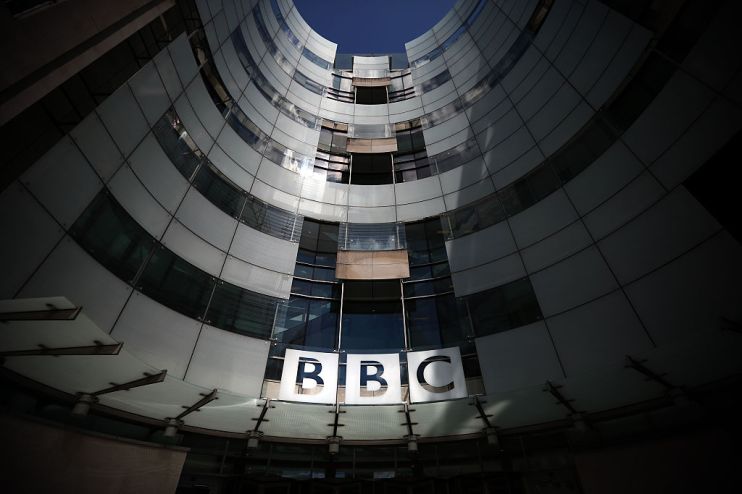War with the Beeb is now harder to fight

The coronavirus crisis bombards us with radical, sweeping change on a daily, if not hourly, basis. Economic rules are being redrawn, our social fabric is being tested and businesses are facing disruption on a scale unimaginable just weeks ago.
Amid the tsunami of change, it’s worth pausing to consider the smaller ripples that may pass unnoticed today but have implications for the years ahead.
The contactless payment limit has been increased to £45 and it’s unlikely to fall back to its previous level; attitudes to remote work and communication will never be the same again; and even assumptions about the structure of family life are being reevaluated.
Our national institutions will be defined by the response to the emergency facing the nation. The NHS is seeking a volunteer army of 250,000 people, the charity sector will see its ranks swell, education and employment is already very different for millions and even the BBC will emerge from this into a new political and social climate.
For months the Beeb has been in firefighting mode, battling a string of scandals and political attacks that have cast doubts over the institution’s survival in its current form. Yet, over the last few weeks, the public service broadcaster’s inherent value has been felt by vast swathes of the country.
The BBC Six O’Clock News last week attracted its largest audience in more than a decade, with a huge surge in viewing figures across its entire news output. With ever-increasing fragmentation in the market and intense international competition for viewers, the BBC’s strengths of trust and dependability may come to the fore in a crisis. This is not to say that all is well in W1A.
The BBC undoubtedly faces radical reform in the years to come and once the pandemic panic subsides, fundamental threats will remain. Its market and its audience is changing, fast, and it must adapt. But the pandemic will put things in perspective.
The government has waged political war against the BBC and for weeks Downing Street imposed a boycott of its flagship broadcast output. Once we get through this crisis, the BBC’s critics will remain in government and the broadcaster faces an uncertain future.
But ministers and political aides intent on clipping its wings should reflect on the fact that its stock will likely climb during the months ahead, and as such any future battle may be harder to win.
Main image: Getty